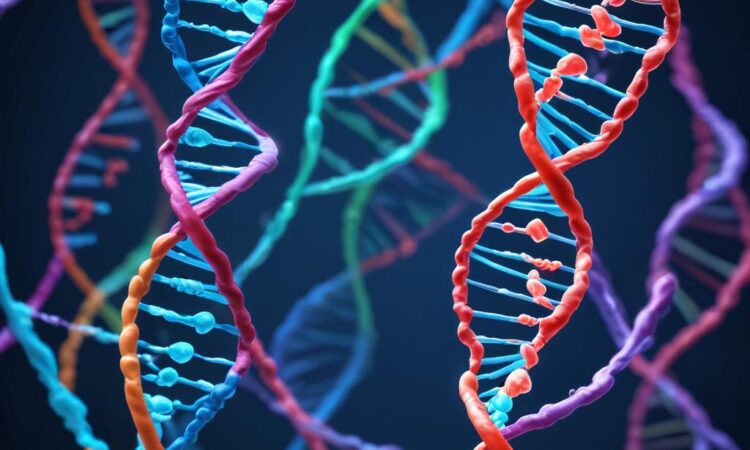The CRISPR Conundrum: Ethical Quandaries in Gene Editing
Hey everyone, let’s talk about CRISPR. You’ve probably heard the buzz – it’s this amazing gene-editing tool that’s basically like a pair of super-powered molecular scissors. We can snip out bits of DNA and replace them with others, potentially curing diseases and even enhancing human capabilities. Sounds pretty awesome, right? Well, it is… and it’s also incredibly complicated.
The power of CRISPR is undeniable. We’re talking about potentially eradicating inherited diseases like cystic fibrosis, sickle cell anemia, and Huntington’s disease. Imagine a world without these debilitating conditions! We could also potentially engineer crops to be more resistant to disease and climate change, leading to greater food security. It’s a game-changer, no doubt.
But here’s the thing: with great power comes great responsibility. And with CRISPR, the responsibility is HUGE. The ethical implications are so complex they could fill a library (and probably have!). Let’s dive into some of the biggest questions.
Unintended Consequences: The Butterfly Effect of Gene Editing
One of the biggest concerns is the potential for unintended consequences. Think of it like this: you’re editing a complex piece of software – the human genome. One tiny mistake, one misplaced snip, could have cascading effects that we can’t even begin to predict. We’re still learning about the intricate workings of our genes, and messing with them without fully understanding the ramifications is a risky business.
What if we edit a gene to prevent a disease, but inadvertently cause another problem down the line? What if the changes we make are heritable, passing on unintended consequences to future generations? These aren’t hypothetical questions; they’re serious concerns that require careful consideration and thorough research before we even think about widespread application.
Equity and Access: A CRISPR Divide?
Another major ethical dilemma surrounds access to CRISPR technology. Will this revolutionary tool only be available to the wealthy? Will it exacerbate existing health inequalities, creating a genetic divide between the haves and the have-nots? This isn’t just about fairness; it’s about ensuring that everyone benefits from scientific advancements, not just a privileged few.
Imagine a scenario where only the rich can afford gene editing to enhance their children’s intelligence or physical abilities. That creates a society where the already advantaged are even further ahead, leaving everyone else behind. Ensuring equitable access to CRISPR technology is crucial to preventing such a dystopian future. We need to establish robust regulatory frameworks and international collaborations to make sure this technology is used responsibly and benefits everyone, not just a select group.
Germline Editing: A Pandora’s Box?
Perhaps the most contentious aspect of CRISPR is its potential use in germline editing – modifying the genes of reproductive cells (sperm and eggs). This means the changes made would be heritable, passed down through generations. This raises a whole host of ethical and philosophical questions about our right to alter the human gene pool and the potential long-term effects on our species.
Some argue that germline editing is a slippery slope, potentially leading to designer babies and a future where human evolution is guided by technology rather than natural selection. Others believe that it holds the key to preventing devastating inherited diseases from ever being passed on. The debate is complex and passionate, with strong arguments on both sides.
The Path Forward: Responsible Innovation
CRISPR technology presents an unprecedented opportunity to improve human health and address global challenges. However, proceeding with caution and careful ethical consideration is paramount. We need a multi-faceted approach that includes:
- Robust regulation: Clear guidelines and regulations are necessary to govern the use of CRISPR, ensuring safety and ethical considerations are prioritized.
- Public engagement: Open and transparent discussions involving scientists, ethicists, policymakers, and the public are vital to shaping responsible CRISPR policies.
- International collaboration: Global cooperation is essential to establish consistent standards and prevent the misuse of this powerful technology.
- Continued research: Further research is crucial to better understand the potential risks and benefits of CRISPR, guiding its responsible development and application.
CRISPR is a powerful tool, and like any powerful tool, it can be used for good or ill. The future of CRISPR depends on our collective ability to navigate its ethical complexities, ensuring its use benefits all of humanity, not just a select few. It’s a conversation that needs to involve everyone.

